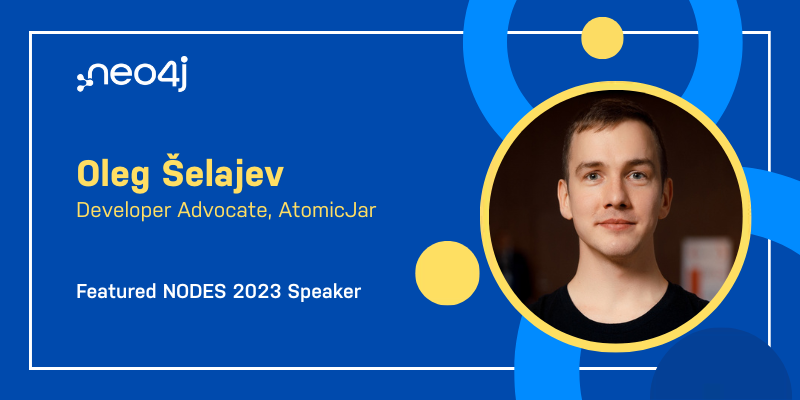




Unifying LLMs & Knowledge Graphs for GenAI: Use Cases & Best Practices
4 min read

This Week in Neo4j: RAG, Constraints, NODES 2023 Recap, CI/CD Pipeline Security and more
3 min read

Learn with Neo4j's New "Get to Know Graph & GenAI" Webinar Series >>








